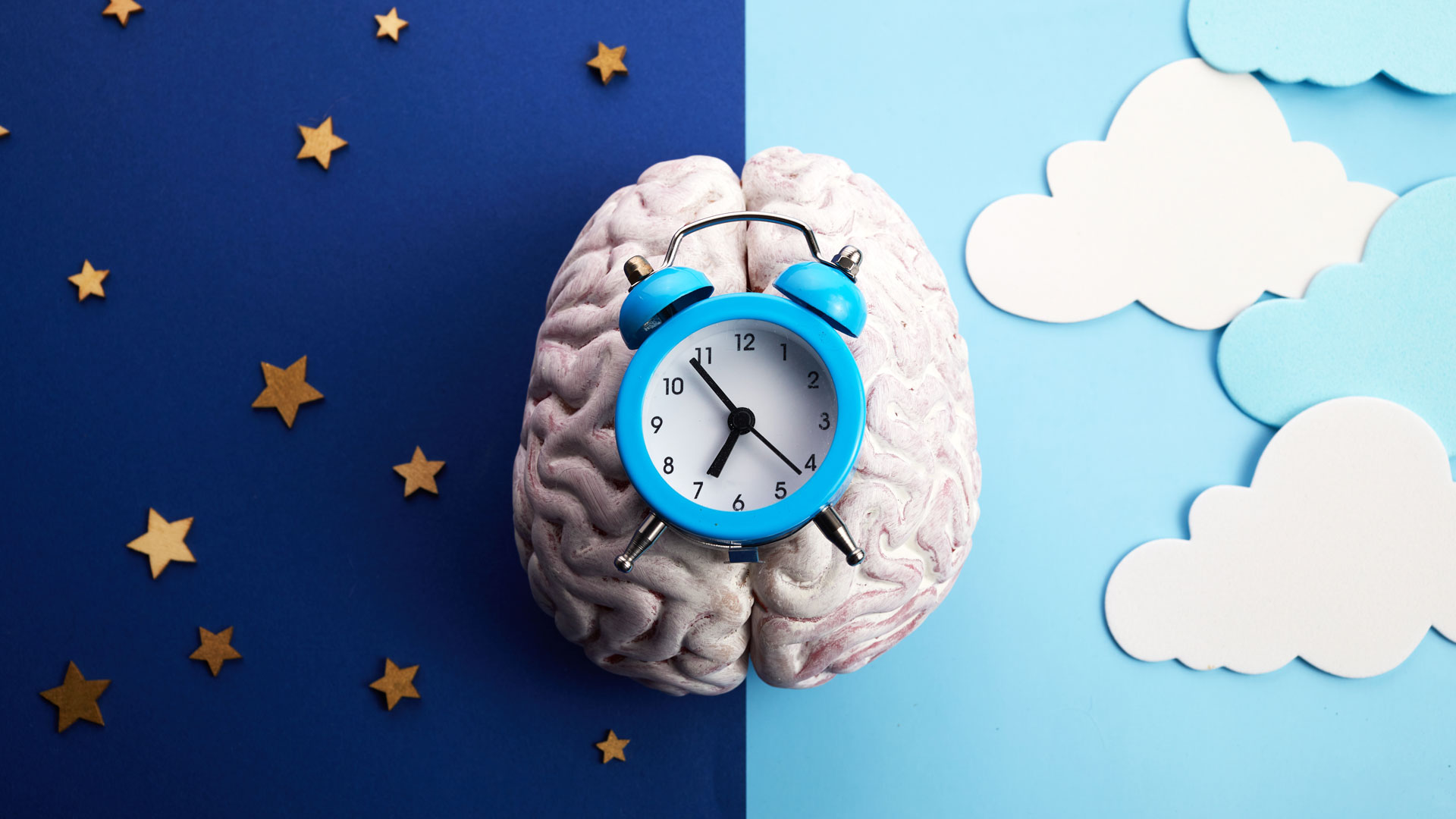By Dr. Maria Paula Guzman, MD, DreamLife Medicine & Wellness
Ever notice how some dogs get a burst of energy at the exact same time every night? My dog, Loki, does just that—like clockwork between 8 and 9 PM, he zooms through the house in a frenzy of joy. That’s not random. It’s his circadian rhythm in action. And guess what? You’ve got one too.
Your circadian rhythm is your body’s internal clock—a 24-hour cycle that influences everything from your energy and mood to your sleep, appetite, and hormone levels. Understanding how it works (and how to support it) is one of the simplest ways to boost your energy, improve your focus, and get more restful sleep.
Let’s take a look at the basics.
The Two Hormones Running the Show
Your circadian rhythm is largely regulated by two key hormones:
- Cortisol – Often misunderstood, this hormone is your body’s natural alarm clock. It rises in the morning to help you feel alert and ready for the day.
- Melatonin – Your body’s “wind-down” hormone. It rises at night when it gets dark to help you feel sleepy and relaxed.
Together, they’re like the yin and yang of your daily rhythm—keeping you energized during the day and calm at night.
💡 Fun Fact: Your internal clock naturally runs a little long—about 24.2 hours. Without external cues (like daylight or meal times), you’d actually start pushing your sleep schedule later and later by about 12 minutes a day.
Meet Your Zeitgebers: The Timekeepers of Your Health
“Zeitgeber” is a German word that means “time giver”—and these are the external cues that sync your internal clock to the real-world 24-hour day. The top three?
1. Light
Morning sunlight is the most powerful cue. It tells your body to shut off melatonin and start producing cortisol to wake you up. In the evening, low light signals melatonin production.
Pro Tip:
Get 10–15 minutes of natural light within the first 1–2 hours of waking. In the evening, dim your lights and screens, or use blue-light blocking filters or glasses.
2. Food
Your meal timing matters. Eating on a consistent schedule reinforces your internal rhythm. Late-night snacking, however, can throw it off.
Pro Tip:
Eat earlier in the day and avoid meals 2–3 hours before bed. Your digestion and your sleep will thank you.
3. Movement
Physical activity strengthens your circadian rhythm. Morning movement can increase energy, while gentle evening activity helps your body unwind.
Pro Tip:
A short morning walk or light movement after meals can improve both your energy and sleep quality.
The Power of Routine
Your circadian rhythm loves consistency. A regular routine—waking, sleeping, eating, and moving at the same times—helps your body know what to expect, so it can optimize your energy and focus naturally.
This becomes especially important if you’re no longer working a 9–5 schedule or have fewer external time cues in your life (hello, retirement).
But here’s the key: It’s not about perfection. It’s about building small daily habits that help your body align with its natural rhythm.
Ready to Make Sleep Work for You?
If you’re dealing with daytime fatigue, brain fog, or tossing and turning at night, your circadian rhythm might be out of sync—and that’s something we can fix.
At DreamLife Medicine & Wellness, we take a comprehensive, compassionate approach to sleep. Together, we’ll look at your lifestyle, schedule, stress, and biology to uncover what’s really standing between you and deep, restorative rest.
No judgment. No band-aids. Just support that works for your real life.
Because sleep isn’t a luxury—it’s the foundation for everything.







